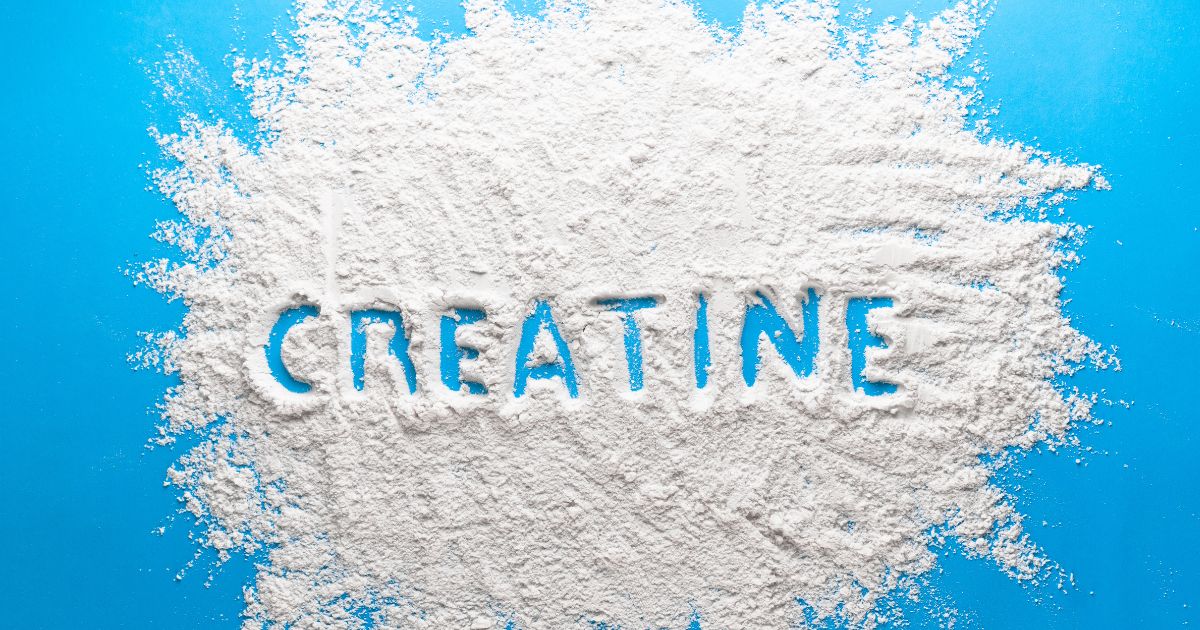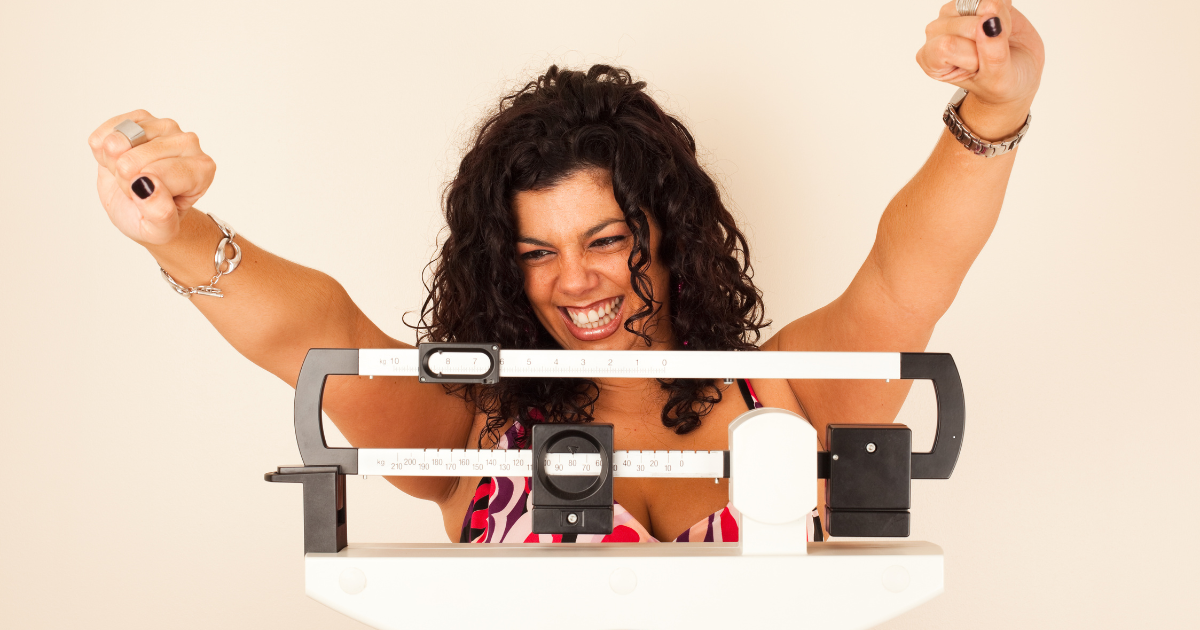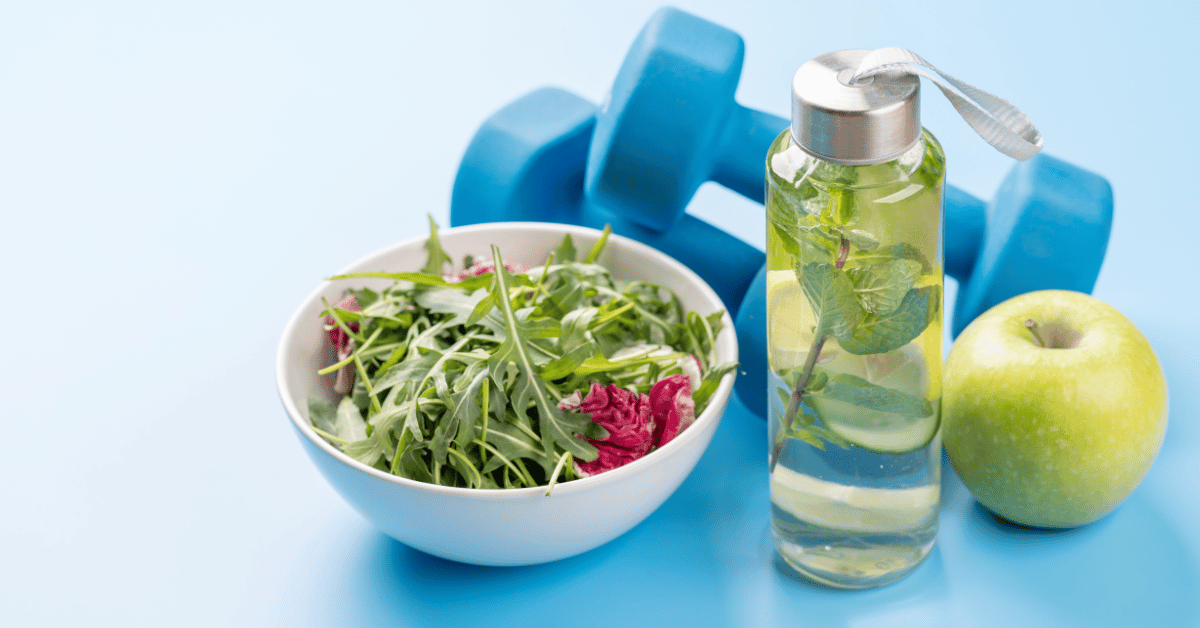When most people think of creatine, they picture male bodybuilders in the gym. But here’s the truth: creatine isn’t just for men—and it’s not just for muscle size, either. Creatine supplementation has been shown to have a range of benefits for women, especially in midlife and beyond. Whether you’re lifting weights, training for endurance, or simply wanting to boost brain function and energy, creatine could be a powerful addition to your routine.
Let’s break it down.
What is Creatine, and Why Should Women Consider It?
Creatine is a naturally occurring compound found in your muscles and brain. Your body makes some of it, and you also get a small amount from foods like red meat and fish. Supplementing with creatine increases the amount stored in your muscles and cells—and that’s where the magic happens.
Benefits for women:
Improved strength and performance: Creatine helps produce more ATP (your body’s energy currency), which can enhance strength training and endurance.
Muscle preservation: Especially important during perimenopause and menopause when muscle loss can accelerate.
Better brain health: Emerging research suggests creatine may support cognitive function, especially under stress or sleep deprivation.
Mood support: Some studies suggest creatine may have antidepressant effects and support emotional well-being.
Bone health: Preliminary research suggests creatine, especially when combined with resistance training, may support bone density.
What Does the Research Say?
Research on women and creatine is growing, and the findings are promising:
A 2021 review published in Nutrients highlighted that creatine supplementation improved muscular strength, cognitive performance, and functional capacity in older women.
A 2018 study in The Journal of Strength and Conditioning Research found that creatine helped postmenopausal women gain lean muscle mass and improve strength when combined with resistance training.
A 2020 systematic review noted that creatine supplementation may benefit brain energy metabolism and has potential for treating depression, particularly in females.
So if you’re training hard, dealing with hormonal changes, or just want to optimise your energy and brain function, creatine is definitely worth considering.
How to Choose the Right Creatine Supplement
When it comes to supplements, quality matters.
Here’s what to look for:
Creatine Monohydrate – This is the most researched and effective form. Look for pure, micronized creatine monohydrate for best absorption.
No fillers or additives – The ingredient list should say: “creatine monohydrate.” That’s it.
Third-party tested – Look for brands tested by groups like Informed-Sport or NSF Certified for Sport, which verify product purity and that they’re free from banned substances. While these are international bodies, their certifications are respected in Australia too.
Powder vs. Capsules – and What About Gummies?
Powders are usually more cost-effective and easy to mix into water, juice, or your post-workout shake. Capsules are convenient if you’re on the go but can require multiple pills to hit your daily dose.
And yes—creatine gummies are now a thing! They’re tasty and convenient, especially if you don’t like swallowing pills or dealing with powders. Just keep in mind: most gummies contain lower doses per serve (often 1–2g), so you may need to eat several to reach the recommended 3–5g daily. Also, check for added sugars or unnecessary ingredients. They’re a fun and effective option if you prefer a supplement that feels more like a treat—just be mindful of the label.
How to Take It
Dosage: 3–5 grams per day.
Timing: Daily consistency is key. Some prefer post-workout, but it can be taken any time.
Loading phase? Not necessary, but some choose to do 20g per day for 5-7 days to saturate muscles faster.
Drink plenty of water – Creatine pulls water into your muscles, so stay hydrated.
Myth Busting: Will Creatine Make Me Bulky?
Short answer: No.
Creatine may cause a small increase in water retention in your muscles at first, but it doesn’t lead to unwanted weight gain or bulk. Instead, most women report feeling stronger, more toned, and more energetic.
Final Thoughts
If you’re working on your strength, energy levels, or just want to support your body and mind as you move through midlife, creatine is a simple, well-researched supplement that could make a big difference.
Want help building a supplement and training plan that fits your goals? Get in touch—I’d love to support you.
💗 Hilds





